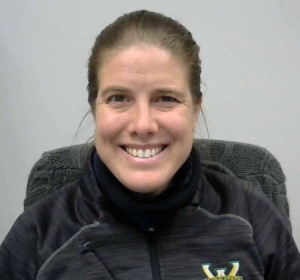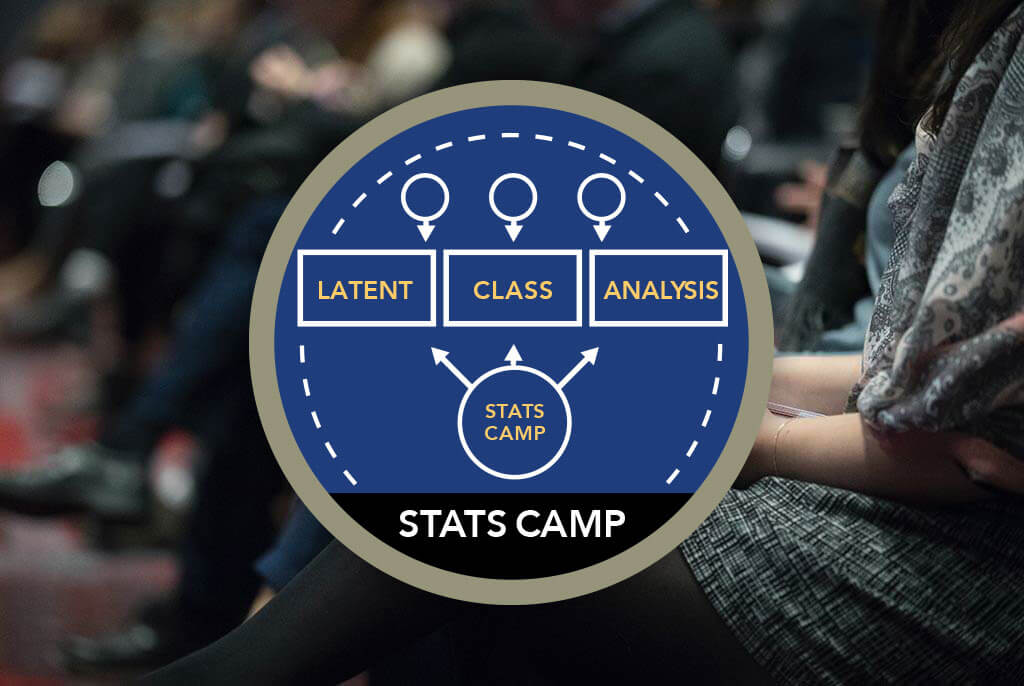IN PERSON – 5-day Statistics Short Course
Seminar Overview:
An introduction to “person-centered” data analysis. Topics include latent class analysis, latent class cluster analysis, modeling predictors and outcomes of latent class membership, and select extensions. Hands-on practice with Mplus is provided.
This five-day camp is an intensive short seminar in the fundamentals of finite mixture modeling.
Seminar Description:
Finite mixture models are a type of latent variable model that express the overall distribution of one or more variables as a mixture of a finite number of component distributions. In direct applications, one assumes that the overall population heterogeneity with respect to a set of manifest variables is due to the existence of two or more distinct homogeneous subgroups, or latent classes, of individuals. These approaches are often termed “person-centered” analyses in contrast to the “variable-centered” analyses of conventional factor and SEM models.
This seminar will introduce participants to the prevailing “best practices” for direct applications of basic finite mixture modeling to cross-sectional data, specifically latent profile analysis (LPA) also known as latent class cluster analysis (LCCA. s), in terms of model assumptions, specification, estimation, evaluation, selection, and interpretation. Models that allow for the inclusion of correlates and predictors of latent class membership as well as distal outcomes of latent class membership will be presented. The seminar will also explore “hybrid” latent variable models that include both latent factors and latent classes (termed factor mixture models) and will touch briefly on some longitudinal extensions of mixture modeling, as time allows (for a more in-depth treatment, see the Stats Camp Session 2 seminar on longitudinal mixture modeling). The implementation of these models in the most recent version of the Mplus software will be demonstrated throughout the seminar.
Instructor: Whitney Moore, Ph.D.

Dr. Whitney Moore is an Assistant Professor of Kinesiology at East Carolina University. Whitney received her Ph.D. in the Psychosocial Aspects of Health and Physical Activity from the University of Kansas. She has been a Stats Camp instructor since 2012 (after experience being a “counselor” for SEM, Longitudinal SEM, and MLM). Whitney has taught graduate courses in research design, introduction to statistics, ANOVA, SEM, and measurement development at two different R1 institutions. Her research is at the intersection of advanced quantitative methods and psychosocial aspects applied to sport, exercise, and physical education contexts. This is particularly illustrated in her work on measurement development; helping to develop or modify 12 measures in the last 10 years. Whitney is particularly interested in planned missing data designs, finite mixture modeling, plus mediation and moderation in SEM.
APA Continuing Education Credits:
This course offers 29 hours of Continuing Education Credits. Stats Camp Foundation is approved by the American Psychological Association to sponsor continuing education for psychologists. Stats Camp Foundation maintains responsibility for this program and its content.
Seminar Includes:
Materials, downloads, recorded course video viewable for up to one year.



